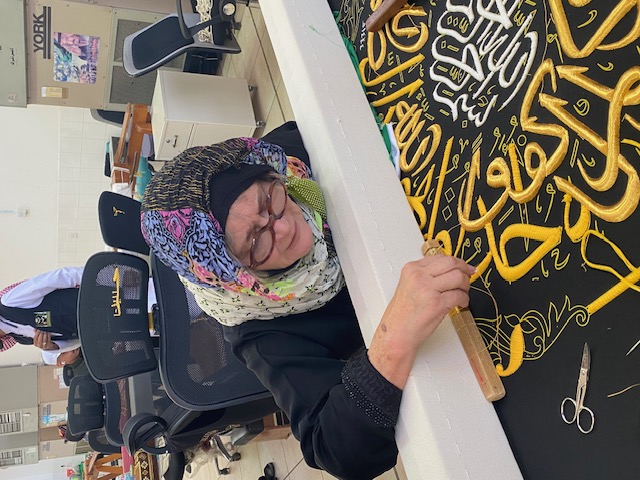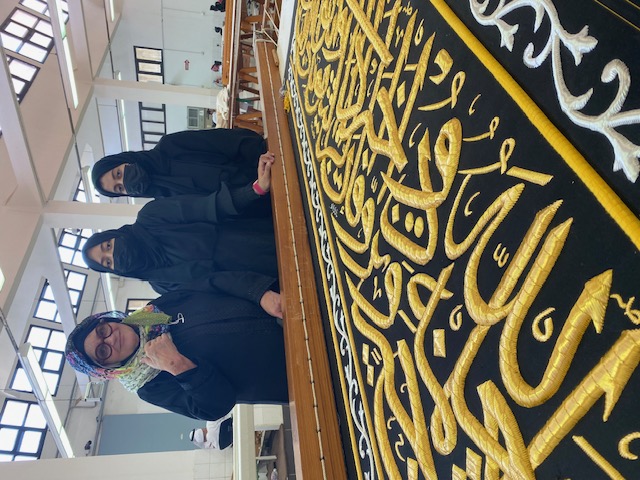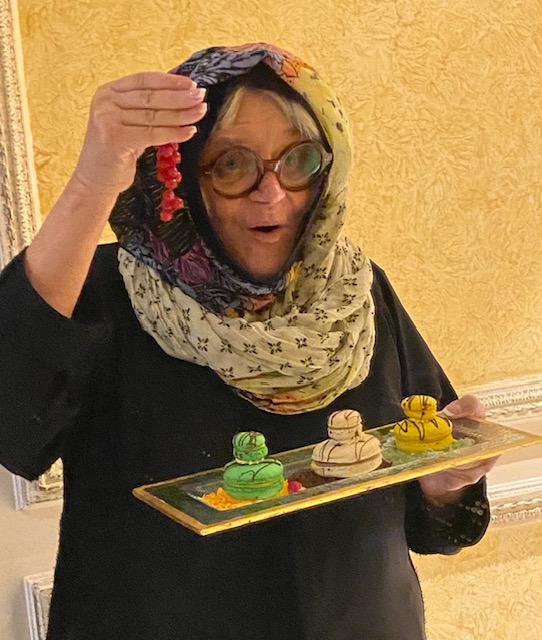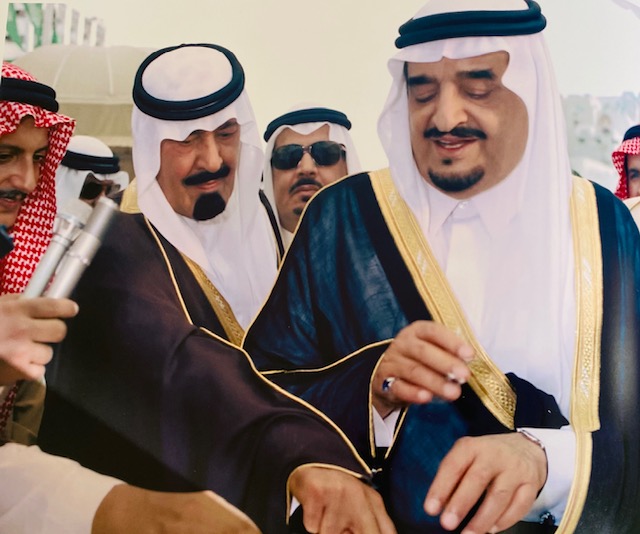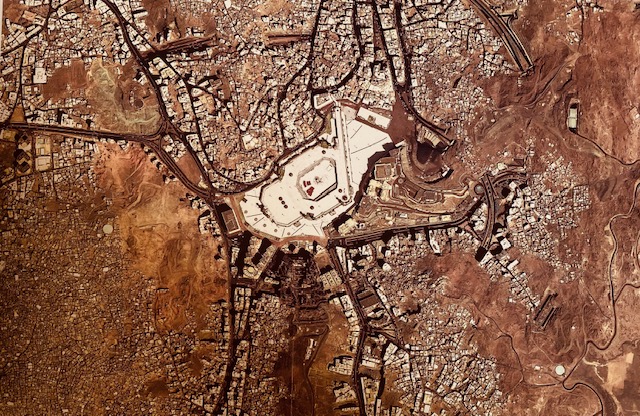Out of a sense of despair, searching for direction, realized that I have let myself be trivialized, disrespected by people who, because they could not respect themselves, thus were unable to respect anyone. I repented. It is necessary when one sincerely repents to vow never to repeat the sin. This will be most difficult, I must be on my guard at all times.
I am certain the trivialization is the sin I have committed. To trivialize is to make (something) seem less important, significant, or complex than it really is. I reduce myself to simplicity – an amusing plaything. I am not blaming those who trivialize me – I am taking responsibility for allowing that to happen.
The word does describe the process.
When you trivialize something, you make it seem less important than it really is. For example, If your friend tends to trivialize your problems and worries, she dismisses them as being too small to fret about, which might make you feel like she’s not taking you seriously. If you trivialize your own health concerns, other people might not realize how sick you’re feeling. When you trivialize an issue, you make it look more trivial than it is, or less significant. The Latin root of both trivialize and trivial is trivialis, “common, commonplace, or vulgar.”
This example from vocabulary.com hit home. She will not let you trivialize what has happened to her from the New York Times February 8, 2016 I am trivializing the discovery of Islamic Faith and my subsequent adherence to its principles. As if that was not bad enough, as nothing could be worse, but I was doing it during Ramadan.
The travesty was gradual, it reached its zenith during my ‘day off’, which is small consolation
Word definition is in order, because defining terms helps me order and organize my thinking. Travesty and consolation are the two words that seek definition.
Travesty is a distorted representation of something, it is a poor substitution, an excuse, an apology for.
Consolation is the comfort received by a person after a disappointment, relief, moral support, encouragement.
In other words, it is a relief, a comfort, to realize that my apology for stricter adherence of the requirements of Ramadan happened during my ‘day off’.
What sin did I commit? The making and sending of the Alexis Avatar. What led up to it were my attempts to observe Ramadan within the social fabric of this hotel with its massive Iftar and sahur buffets. The buffets, (except for Eid) are a thing of the past, my humorous WhatsApp texts will hibernate until after Eid.
I am now back on track. To get “off track” means that things are not going as planned. To “get back on track” means to correct the problems and return to the plan.
My return to the plan involved getting breakfast and break fast food from the small ‘substituted’ breakfast buffet, placing it in my room’s refrigerator. Therefore removing the temptation to eat too much at inconvenient times with inconvenient (shall we say) people.
After returning to my room, putting food in the refrigerator I then partook of The Heart of Makkah, with the plan of writing of the consumed knowledge. I know I am on the right track because I am focused, returning to the most blessed of emotions – peace of mind. Two quotations come to mind: Starve your distractions, feed your focus. Also: Fear is what stops you, courage is what keeps you going.
Back to The Heart of Makkah.
The first chapter, Look to the Past, begins with words from the Quran.
“Indeed the first House (of worship) established for mankind was that at Makkah – blessed and a source of guidance for the world. Quran 3: 96” .
The chapter begins by telling us of the magnificent past.
“The religious significance of Makkah was established thousands of years before Islamic times. It was in the desert of what is today Makkah that God commanded Prophet Abraham to leave Hajar and his young son Ishmael [peace be upon them]. It was in Makkah that that God brought forth water from the Well of Zamzam which which saved the life of Ishmael and his mother, eventually allowing Makkah to thrive as a center of commerce. It was in Makkah that God instructed Abraham to build the “House of God” (the Holy Kaaba) As a result, Makkah became a place of pilgrimage.
The Prophet Muhammed (peace be upon him) was born in Makkah in 570 CE. After receiving revelations from God he opposed the paganism of Makkah, returning the city to the straight path of monotheism and purging it of idolatry. He cleared the Kaaba of 360 false gods, rededicating this holy house of worship once more to the honour of the one true God. Makkah eventually became the place of pilgrimage for more than one billion Muslims from around the world.”
The assembled black and white photographs are nothing short of spell-binding. One of the first is “An old photograph of the Grand Mosque in Madinah with the Ottoman Ajyud Fortress on a hillside in the background. (Circa 1800 C.E.) There are photographs dating from 1800, 1879, 1930. One photograph (undated) is of a street in Jeddah with this explanation: “ People in Jeddah celebrate the arrival of the annual Egyptian made Kiwah (cover for the Kaaba) on its way to Makkah. The cover would be carried inside a hand-crafted Mahmal of palanquin that would be placed on a camel Processions would be arrange in venues along its route to the holy city. The next page shows a “Photograph of the annual changing of the Kiwah (circa 1900 CE)
Those two photographs have special meaning for me because during my Umrah I had the privilege of being taken on a tour of the Makkah factory where the Kiwah is sewn. I was given the privilege of sewing stitches of gold thread marking the elaborate design. I admit to being a rather inept seamstress, but what a privilege it was.
The book also had photographs of tents and pilgrims covering Mount Arafat during a Hajjand the Valley of Mina a with the Al-Khaif Mosque in the background. There were photographs of the severe flooding inside the Holy Mosque during the 1940s and 1950s CE.
Color photographs show the Saudi expansion in 1980.
The Holy Mosque was to grow again. Chapter Two The Holy Mosque Expansion Project begins with a quote from King Fahd.
“With the blessing and grace Almighty God, and with the assistance of the faithful Saudi people, we shall continue on the march of construction and development, and maintain the gains which are reflected by comprehensive achievements in various fields.” King Fahd. (1921-2005)
“In 1988 King Fahd laid the foundation stone for the third Saudi expansion of the Holy Mosque in Makkah and to begin a spectacular phase in this massive prayer project. As the ruler of the Kingdom of Saudi Arabia, King Fahd’s attention to the needs of the Holy Place was unfaltering and clearly manifested in a multi-billion dollar program of modernization to make the places of pilgrimage even more accessible to greater even greater numbers.”
The photographs found in this chapter are aerial shots, one of King Fahd laying the cornerstone and a “satellite view of Makkah and the Holy Mosque following King Fahad’s expansion.” It is stunning. One does nor realize when you are ‘on the ground’ in Makkah is, that you are not on ground, but on marble. That is made clear when viewing aerial photographs. Page 35’s photo illustrates: “31,500 square meters of white marble was laid on the forecourts of the Holy Mosque during King Fahad’s third expansion (1990 CE) “
This March 30, 2024 was a day of worship, reading writing and also listening to Ramadan with Yaqueen Institute videos ‘starring’ Dr. Omar Suileman. The following was one topic of the day.
“Some people have the trial of discovering Islam for the first time later in life. Others who were born Muslim, however, may find themselves at a point where they ask, “Am I really a Muslim or was I just raised that way?” The act of renewing your faith can be just as hard as discovering it for the very first time. What both of these cases have in common, in whatever circumstances or trials that they hold, is Allah’s decree to draw you closer to Him.”
Listened to two episodes of Ramadan with Yaqueen Institute. Cannot say that it was a learning experience, more a soothing experience with highly choreographed videos. It seems to be designed to offer something for everyone. It did draw me to a specific verse in the Quran.
“Say, nothing will ever befall us, except what God has destined for us. He is our Protector. So in God let the believers put their trust.” Quran 9:51.
I translated that into Alexis English, deciding that it was destined I make and send the Alexis Avatars. God destined that I should do something silly, see the errors of my ways and then – repent.
If someone sees the error of their ways, they realize or admit that they have made a mistake.
Photographs will include an inferior replication of the satellite view of Makkah and the Holy Mosque following King Fahd’s expansion, a photo of King Fahd laying the cornerstone.
Photos of my happiness at receiving an Umrah tray, and my stitching the Kiwah in the Makkah factory.
